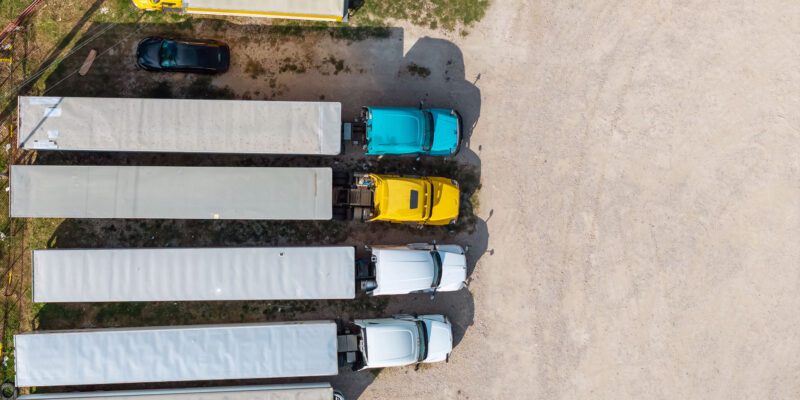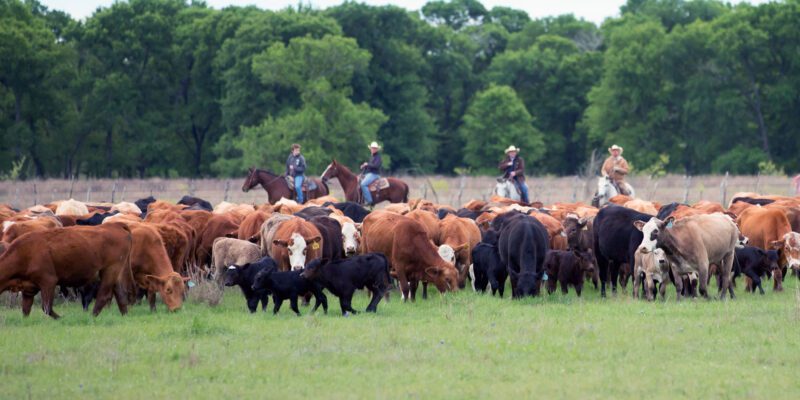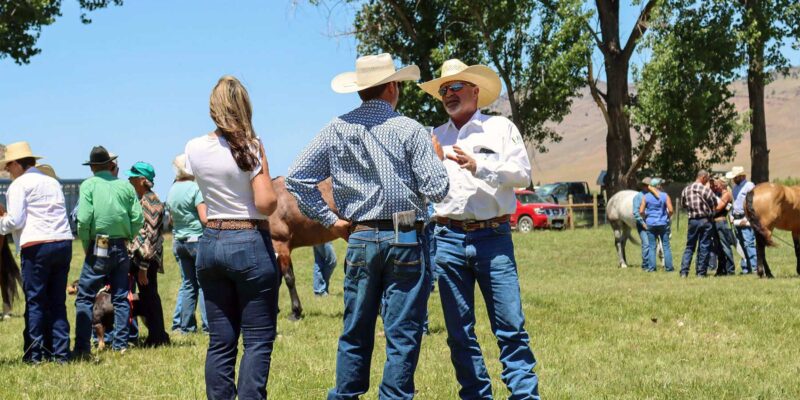What Makes Auction Ideal for Highway Land Sales
Buyers Are Looking for Land Like Yours — They Just Don’t Know How to Reach You.
In rural areas, there are trucking companies, investors, and developers actively searching for highway-access land. The challenge they face isn’t demand — it’s access.
The demand for new privately developed truck storage yards is real and growing. The U.S. trucking industry continues to face a nationwide shortage of safe, legal truck parking. Currently only about 1 parking space exists for every 11 truck drivers nationwide, a gap that’s ranked as one of the industry’s most critical concerns.
Land parcels of 2-40 acres are ideal for storage yards provided they are located within 1-mile of rural highway access. Small yards of 2-5 acres are common while larger fleet yards may require up to 40 acres.
Yard operators and investors are aggressively searching for strategic yard locations, access points, and acreage that fit their needs. At the same time, many landowners who might consider selling simply aren’t easy to track down as they may think.
These buyers look at your land differently than they did just five years ago. Trucking companies need yards now. Storage operators need more yard space. Investors want corridor property. Developers and neighbors look for strategic control.
Marketing your property at auction creates urgency among this specific and competitive buyer pool. Traditional listings often miss this audience because realtors tend to list your land and wait for residential or broad commercial audiences to come to them.
The result? Trucking companies, yard operators, investors and developers have no way of knowing the land they urgently need is for sale. It simply isn’t marketed to them.
It’s a disconnect in the market… and a missed opportunity for landowners like you who may not realize that motivated buyers already see potential — even if you haven’t thought about selling.
If you own land near a highway or major route, you may be holding something more valuable than you realize. Your risk isn’t lack of value. It’s unknowingly missing an opportunity, underselling by marketing to the least profitable audience(s), or waiting too long and missing a strong market window. Land auctions solve these problems for landowners and buyers.
Why Auction Works for Highway-Adjacent Land
Auction brings all serious buyers to the table at the same time. Instead of guessing at a list price or negotiating with one buyer behind closed doors, the market speaks openly and competitively. Auction offers:
- Clear sale timeline
- No drawn-out negotiations
- Competitive bidding from multiple buyer types
- Ability to sell in parcels, combinations, or as a whole
- True market-driven price discovery
Trucking companies, yard operators, investors and developers tend to move with urgency. They value certainty, defined timelines, and clean transactions. Auction delivers all three, matches their mindset and creates momentum sellers simply can’t get with a realtor.
Through auction, the sale date is known. Terms are clear. Decisions are made without prolonged negotiations or stalled contingencies. For sellers, that means less holding time and fewer unknowns.
Parcel flexibility further strengthens results. Through auction, land can be offered in individual tracts, combinations, or as a whole. This opens the door to smaller operators and larger buyers at the same time, increasing competition without forcing the seller into a single outcome.
Zoning flexibility, often seen as a hurdle in traditional listings, can become an advantage in auction. Buyers who understand local regulations are willing to bid based on opportunity, not speculation. Sellers avoid overpromising future use and let the market price the potential honestly.
Experience Matters
CJ Auctions has deep experience selling land where agriculture, logistics, and investment demand overlap. We focus on clarity, preparation, and disciplined execution that gives buyers confidence and sellers strong results.
You’ve worked hard to build and hold your land. When the time comes, the sale method should work just as hard for you.
What’s Your Property Worth?
If you’ve ever wondered what your land might bring in today’s market — or whether auction could unlock more value than a traditional listing — it costs nothing to have a conversation.
📞 Call Eric or Ronn to learn what’s possible.










